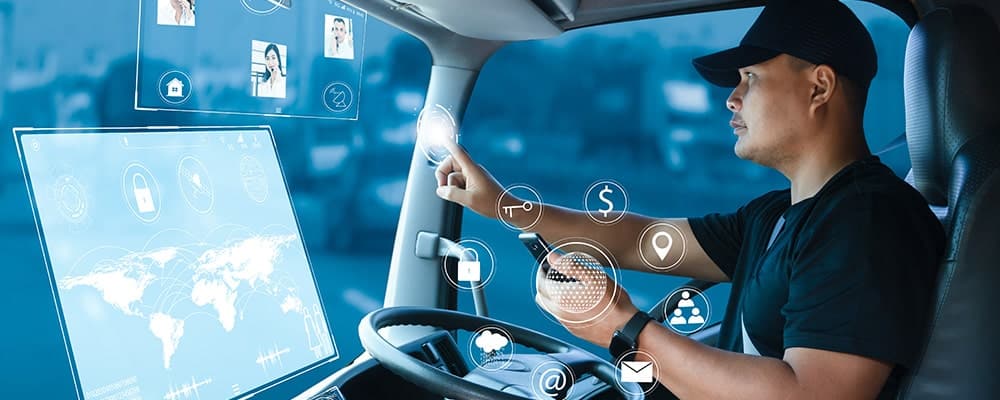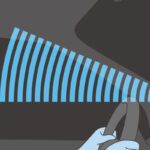Road safety is paramount in Dubai, and businesses that operate fleets of vehicles have a responsibility to ensure the safety of their drivers and the public.
According to recent National Highway Traffic Safety Administration (NHTSA) report, road rage contributed to 25% of fatal automobile accidents involving drivers. These fatal collisions caused by road rage accounted for 5% of all traffic deaths. On the other hand,
Driver error contributes to 94 per cent of traffic accidents.
Many studies have shown that human error of some kind is the primary cause of most road accidents. A ground-breaking study by Indiana University showed that human factors account for 93 per cent of the incidents that were looked into as the primary cause or contributing factor.
Statistics show that for every 100,000 residents of the United Arab Emirates, there are now 6 automobile accidents.
Driving while distracted is the leading cause of auto accidents in the UAE and worldwide. Something that causes you to take your eyes off the road constitutes a distraction while driving. The usage of cell phones is the most frequent cause of distracted driving.
Advanced Driver Monitoring Systems can help businesses enhance driver safety, reduce accidents, and improve fleet efficiency.
Using cutting-edge technology like artificial intelligence and computer vision, modern driver monitoring solutions measure various variables linked to driver behavior. These behaviors can be monitored and seen by the fleet managers in real–time.
Advanced Driver Monitoring Solutions can detect:
Distraction
Keeping an eye out for distractions while driving includes checking whether the driver is eating, using their phone, or engaging in any other distracting activity.
Fatigue
Determining if a motorist is sleepy or exhausted by observing their eyes, head motions, and other physical characteristics.
Speeding
Monitoring the car’s speed and comparing it to the local speed limit is known as speeding.
Harsh Braking
Tracking abrupt actions that might cause accidents or signal aggressive driving style includes harsh braking and acceleration.
Following Distance
To avoid tailgating, drivers should maintain a safe following distance between their car and the vehicle in front of them.
Lane Departures
Monitoring for lane departures, which can be a sign of attention or tiredness in the driver, is essential.
Seatbelt
Whether the motorist is wearing a seatbelt or not is determined by the seatbelt usage sensor.
Driving Performance
Monitoring overall driving performance, such as smoothness and economy, may help drivers save money on gas and take better care of their cars.
How Fleet Managers can benefit
Fleet managers and drivers can be immediately informed of potential safety issues by using a Driver Monitoring System and taking the necessary measures. Real-time notifications to drivers, coaching and feedback, and data-driven insights that may help organizations optimize their fleet operations can all be a part of this.
Road accident reduction in Dubai may greatly benefit from Driver Monitoring Systems. Businesses may assist drivers in maintaining concentration and avoiding distractions while driving by offering real-time notifications and coaching. Businesses may aid in preventing accidents brought on by sleepy driving by detecting tiredness and offering feedback. Businesses can recognize and address aggressive driving habits that result in accidents by measuring speeding, hard braking, and acceleration.
From where you can have the system set up!
In general, innovative driver monitoring technologies using AI technologies may assist Dubai companies in building a safer, more effective, and sustainable fleet. Organizations may decrease accidents, increase productivity, and lower liability and insurance costs by putting driver safety first.
You can get your Driving Monitoring System installed by a well-known and seasoned company like Trakker.ae with cutting-edge solutions for all your technological integration for perfect and smooth fleet management. Get in touch with Trakker.ae for all the right reasons.


